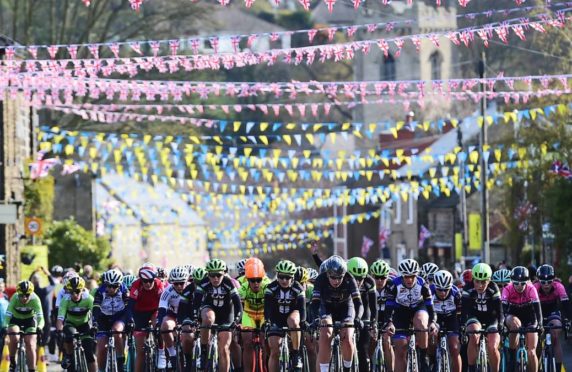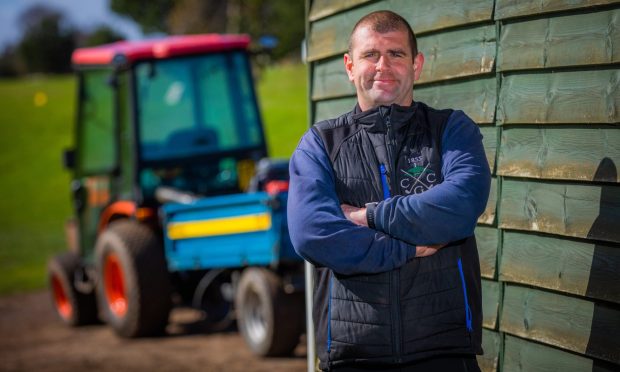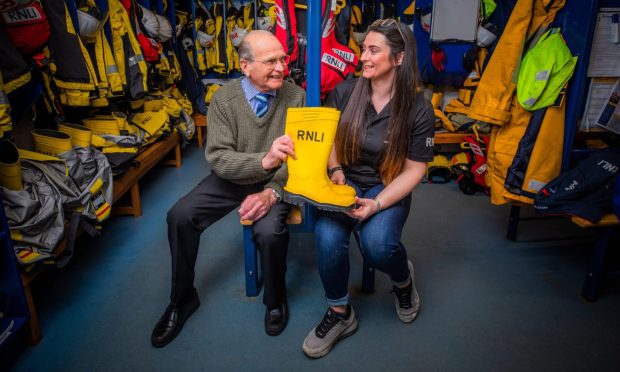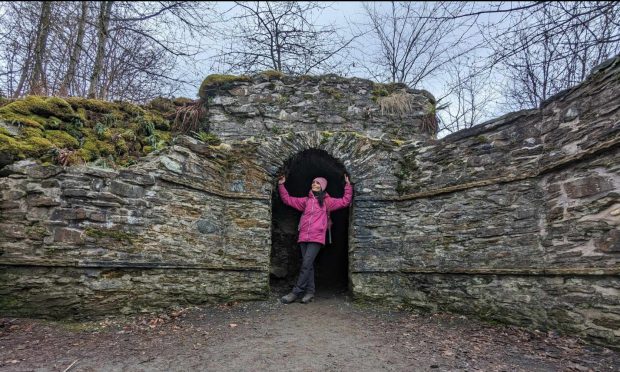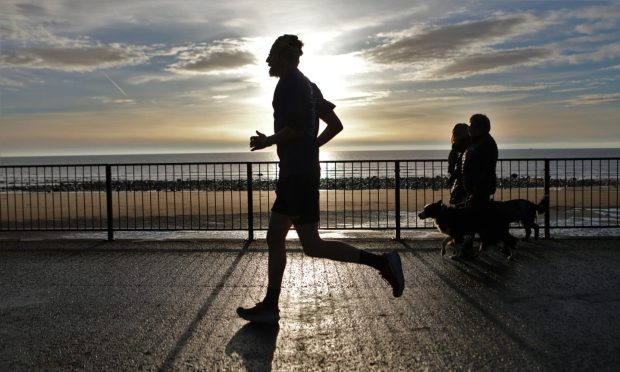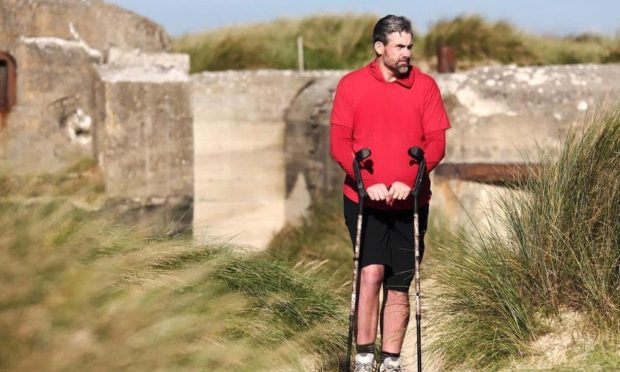Professional road cycling is a strange beast. It is one of the oldest professional sports with origins rooted in passion and tradition and the business model (if it indeed can be called a “model”).
Cycling teams cannot cover their costs selling tickets to races and don’t have an opportunity to charge other companies to endorse their products.
They can’t even profit from TV rights to the races they participate in.
Essentially, the only way they can operate is by raising revenue from sponsors. This results in teams changing names, and often team colours, almost on an annual basis.
A perfect example of this was Team Sky, who, this year, have changed to Team Ineos.
The majority of the riders, coaches and backroom staff have stayed the same, but the identity of the team is based on a whim of marketing.
Some teams have managed to build up strong identities which has been a dream for their sponsors. The Italian Mapei team was active from 1993 to 2002 and with their distinctive team kit, the brand became synonymous with professional road racing. Their Belgian sub-sponsor Quick Step took over in 2003. Even now I still proudly wear a Mapei branded T-shirt.
Cycle racing, once the enclave of continental Europeans – most notably the French, Belgian, Spanish and Italians – has become more cosmopolitan over the last few decades.
Perhaps, with American rider Greg Lemond winning the Tour de France in 1986, and certainly during the era of Lance Armstrong, the presence of large numbers of cycling fans lining the route has gradually increased to become a truly global sport.
The variety of flags draped across the road, pulled away at the last moment as the rider toils up an alpine climb, are a testament to that.
Cycling fans can be jingoistic in their loyalty to teams. The rider’s nationality has always been the focus of support from fans and that is often where the allegiance will start and finish.
Teams are made up of multi-national personnel. The fleeting existence of many teams, based on their reliance on sponsors, means that fans are rarely loyal to a team.
If a popular rider were to move teams, then the fan support will invariably move teams with the rider – I can’t imagine football fans changing their support as their favourite player moves from team to team during the entirety of their athletic career.
There have been exceptions. It was through cycling and the team Euskaltel-Euskadi, in their distinctive, bright orange kit, that I learnt of the politics of the Basque Country. The team itself was commercially sponsored and partly funded by the Basque government, and fans were fiercely supportive of the team that reflected their politics and identity.
The last national teams to race in the Tour de France were in 1961; after that trade teams became the norm, although many such as Deceuninck – Quick-Step have a national identity based upon their primary sponsor.
However, national teams do still race in the Road World Championships. This has caused problems, most notably in the mid-1990s and the era of the Mapei team, when the Italian riders had some of the best racers in the world, but often managed to make a mess of it on race day.
Despite direction from their national team coach, they would often race, usually under instruction from trade team sponsors (who in fairness paid their wages) in support of riders who were team-mates in their own, day-job, trade team.
The Road Cycling World Championships in 2019 take place in Yorkshire from September 22-29. The best junior, under 23, para and elite male and female riders from around the world will be converging for a week-long festival of cycling, multiculturalism and some good old-fashioned hard racing.
